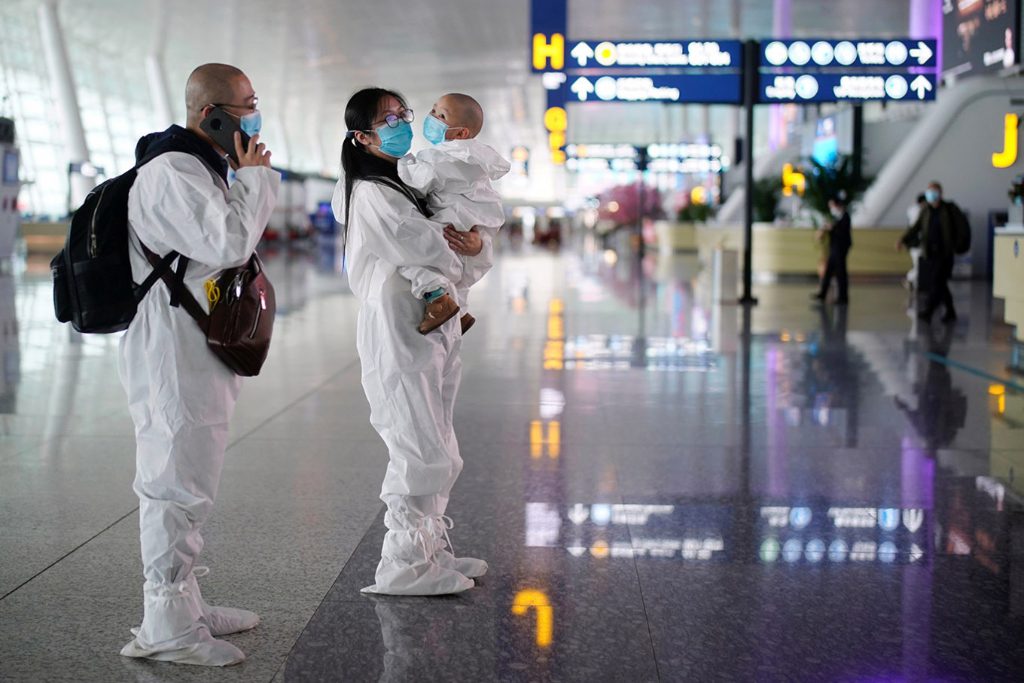Skift Take
The fine print in this Tuesday report by Europe's top health agency is that border controls can sometimes be effective in delaying an epidemic at its start or in isolated regions. In other words, now that the pandemic is unleashed, many travel restrictions aren't worth the cost to society.
Border closures do little to prevent the spread of COVID-19, the European Union’s public health agency said, as EU states weigh lifting some travel restrictions imposed at the start of the coronavirus pandemic in Europe.
The European Centre for Disease Prevention and Control (ECDC) said measures such as testing travellers before departure or temperature screening on arrival are also largely ineffective, though it confirmed that traveling facilitates the spread of the virus.
The ECDC said in a report released late on Tuesday that border closures had very negative effects on the economy and were effective only in delaying an epidemic at its beginning and in isolated regions.
“Available evidence does not support recommending border closures, which will cause significant secondary effects and societal and economic disruption in the EU,” which normally operates open borders among member states, the agency said.
The European Commission, the EU executive arm, recommended in April an easing of travel restrictions first between areas of low contagion, encouraging some governments to reopen borders selectively with countries they deemed safer.
But the ECDC report said epidemiological data may not be reliable since European countries do not use a common approach to testing and case reporting, making it impossible to compare the spread of the epidemic.
The agency also said that forcing people to undergo a test before travelling may only be of limited value as the traveller may become infectious just before departure or during travel due to the virus’ two-week incubation period.
As for screening temperatures on arrival, it said, travelers may already be infectious but without a fever.
Questionnaires filled by travelers on their health conditions could offer additional useful information but present data protection risks, the ECDC said, reiterating that immunity certificates issued after antibody tests were not reliable.
(Reporting by Francesco Guarascio; Editing by Gareth Jones)
Copyright (2020) Thomson Reuters. Click for restrictions
This article was from Reuters and was legally licensed through the NewsCred publisher network. Please direct all licensing questions to [email protected].
![]()
The Daily Newsletter
Our daily coverage of the global travel industry. Written by editors and analysts from across Skift’s brands.
Have a confidential tip for Skift? Get in touch
Tags: airlines, airports, border enforcement, borders, coronavirus, coronavirus recovery, european union, france, germany, health, public health, u.s. customs and border protection, united kingdom
Photo credit: Travellers in protective suits are seen at Wuhan Tianhe International Airport after the lockdown was lifted in Wuhan, the capital of Hubei province and China's epicentre of the novel coronavirus disease outbreak April 2020. Aly Song / Reuters
